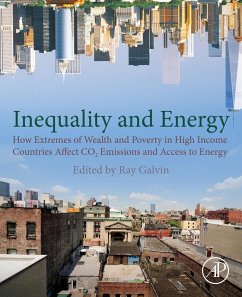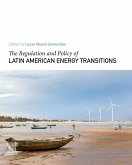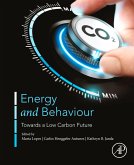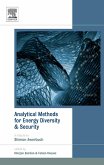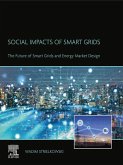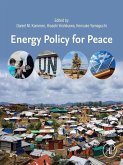Extreme economic inequality has increased within developed countries over the past three decades. The effects of inequality are now seen increasingly in health, housing affordability, crime and social cohesion. There are signs it may even threaten democracy. Researchers are also exploring its effects on energy consumption. One of their key findings is that less privileged groups have lost consistent access to basic energy services like warm homes and affordable transport, leading to huge disparities of climate damaging emissions between rich and poor.
- Provides overwhelming evidence of the persistent and increasing income inequality and wealth inequality in developed countries over the past three decades
- Showcases recent empirical work that explores correlates of this inequality with energy consumption behavior and some of the key problems of access to adequate energy services
- Shows the connections between these findings and the existing ways of researching energy consumption behavior and policy
Dieser Download kann aus rechtlichen Gründen nur mit Rechnungsadresse in A, B, BG, CY, CZ, D, DK, EW, E, FIN, F, GR, HR, H, IRL, I, LT, L, LR, M, NL, PL, P, R, S, SLO, SK ausgeliefert werden.

